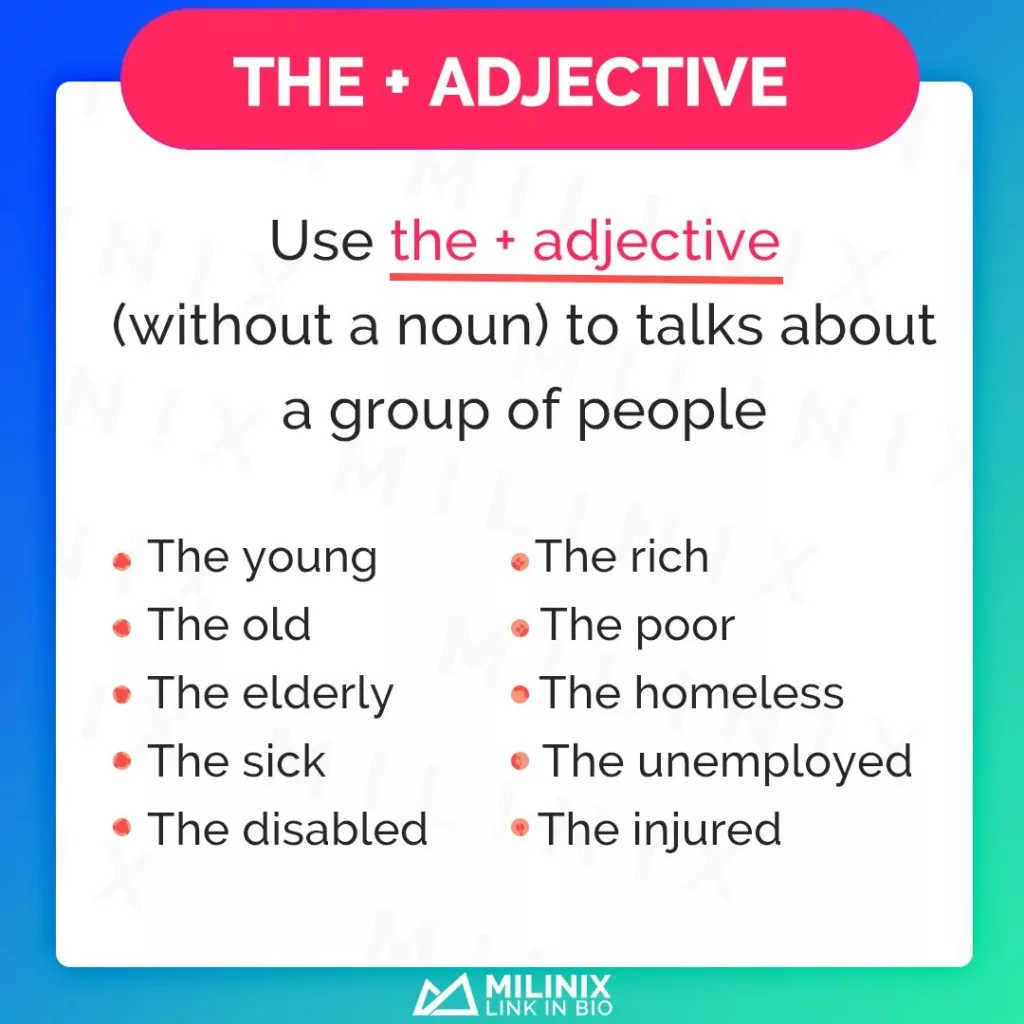No courses in the enrolment list.

To learn English well, especially to prepare for the PTE exam, you need to pay great attention to grammar. The most difficult in the grammar points is the verb form, especially in the PTE Writing and Speaking test, you need to do the verb correctly to achieve high results.
The basic rule in verb form in English is that it depends on the subject and the tense used in a sentence. Plural subjects have plural verbs, singular subjects have singular verbs. But, there are still exceptions that you have to memorize, so in this article PTE Magic will give 18 important rules to help you with the agreement between subject and verb.

Rule 1: When the subject of a sentence is composed of two or more nouns or pronouns connected by and, use a plural verb.
- She and her friends are at the fair.
- Teachers work with students to find out specific need.
- Fire and water do not agree.
- John and I are going to college next autumn.
- Bread and butter is my favorite food.
Note: In the following cases, the singular verb must be used:
– When they refer to the same person, thing, dish or concept:
- Bread and meat is my favorite dish.
- President and CEO is Mr Smith
– Addition uses the singular verb:
- Two and three is five.
Rule 2: When the subject is a V-ing (gerund verb), use singular verb form.
- Playing football is not easy with me.
- Computing saves a lot of time.
- Using online practices helps students who don’t have books.
- Working from home allows a person to work in comfort.
Rule 3: When two or more singular nouns or pronouns are connected by or or nor, do the verb form according to the subject closest to the verb.
S1 OR/NOR S2 + V(S2)
- Neither John nor his friends have seen this movie before.
- My parents or my brother is staying at home now.
- Either my parents or I am going to the supermarket to buy food for lunch.
Rule 4: When the subject is a phrase EITHER or NEITHER with OF, the verb is always in the singular form.
EITHER/NEITHER OF + N + V(singular)
- Neither of them is available to speak now.
- Neither of them works in this company.
- Either of students has left the door unlocked
Rule 5: When the subject is “the number of N”, the verb is always in the singular form.
THE NUMBER OF + N + V(singular)
- The number of days in a week is 7.
- The number of accidents has gone down steadily since the speed limit was imposed.
Rule 6: When the subject is “A number of N”, the verb is always in the plural form.
A NUMBER OF + N + V (plural)
- A number of hours have passed
- A number of books in this library are really big.
- A number of special conditions is necessary for the formation of a geyser.
Rule 7: When subjects are connected by conjunctions: as long as, as well as, with, together with, etc., the verbs are divided according to the first subject.
S1 AS LONG AS/WITH S2 + V(S1)
- The old man with his dog passes my house every morning.
- Mr. Johnson as well as his assistants has arrived.
- My father as well as the other people in my family is very friendly.
- Mr Robbins, accompanied by his wife and children, is leaving tonight.
- Kim, as well as her parents is coming to the party.
Rule 8: Subjects that start with an indefinite pronoun like each, each of, everyone, everybody, everything, someone, somebody, something, every + N, the verb always follows the singular subject.
EACH/EVERY + N + V(singular)
EVERYONE/SOMETHING + V(singular)
- Each boy and each girl has their own story.
- Everyone in my class is very intelligent.
- Each of the boys has a bicycle.
- Someone has taken my pencil.
- Each person is allowed 20kg luggage.
Rule 9: When the subject uses the plural MANY + N structure, divide the verb in the plural form.
MANY + N(plular) + V(plular)
- Many students like playing games nowadays.
- Many vehicles are equipped with an air bag.
- Many countries around the world celebrate earth day
- Many movies now make more money from sales of DVDS than from the box office.
Rule 10: When the subject begins with the singular structure MANY + A + N, the verb will be divided in the singular form.
MANY + A + N(singular) + V(singular)
- Many a student doesn’t want to study all day at school.
- Many a letter has crossed.
- Many a little makes a miracle.
- Many a leader fallen due to pride.
Rule 11: When the subject includes THE + ADJECTIVE to indicate a collective, divide the verb in the plural form.
THE + ADJECTIVE + V(plural)
- The deaf are the people who are not able to hear.
- The rich are not always happy.
Especially, when following THE is the noun people, police, army, children, cattle (cattle), the verb is also used in the plural form.
For example: The police have patrolled through the night to catch that thief.

Rule 12: Some nouns have “S” at the end but will divide the verb in the singular form.
– Subjects: physics , mathematics, economics , politics …
– Sports: athletics , billiards, checkers
– disease: Measles, rickets….
– Other Nouns: news, the United States,…
For example:
- Physics is more difficult than chemistry.
- Gymnastics is my favorite sport.
- Maths is considered as a difficult subject with many students.
- The United States has new president.
Rule 13: When the subject is a phrase indicating money, distance, size, measure and time, the verb is singular.
MONEY/TIME/DISTANCE/WEIGHT + V(singular)
- Five dollars to buy this shirt is very cheap.
- 8 hours of sleeping is enough.
- Money makes the world go around.
- Time flies when you’re having fun
- Five kilometers is not far.
Rule 14: For subjects containing fractions and percentages (%), we divide the verbs according to the nouns after “OF”.
% + OF + S(singular + uncountable) + V(singular)
% + OF + S(plural + countable) + V(plural)
- Two third of students in my class are girls.
- Two third of water in this bottle is drunk by Peter.
- Fifty percent of the pie has disappeared.
Rule 15: If the noun following the phrases MAJORITY OF, SOME OF, ALL OF, MOST OF is uncountable, it will conjugate a singular verb, and vice versa if it is a countable plural, then a plural verb.
MAJORITY OF/SOME OF/ALL OF + S(singular + uncountable) + V (singular)
MAJORITY OF/SOME OF/ALL OF + S(plural + countable) + V (plural)
- Some of my friends are very good at English.
- Some of the information he told us was not reliable.
- Some of the students are late for class.
- Most of the water is polluted.
- All of the books are interesting.
Rule 16: When the subject is a movie, title music or an album, the verb will be divided in singular form.
- Better Days is a 2019 Chinese romantic crime coming of age film directed by Derek Tsang and starring Zhou Dongyu and Jackson Yee.
- Gone with the Wind is a sweeping romantic story about the American Civil War from the point of view of the Confederacy.
- “Heal the World” is a song recorded by American recording artist Michael Jackson.
- Tom and Jerry is my favorite cartoon.
Rule 17: When in the sentence, it has “A pair of” comes before these nouns, divide the verb in the singular form.
A pair of shoes + Verb (singular)
A pair of trousers + Verb (singular)
A pair of glasses + Verb (singular)
Rule 18: When the subject are words like: family, staff, team, group, congress, crowd, committee.
– Actions of each member are divided in the plural form.
- The family are having breakfast.
- The crowd are becoming excited.
- The staff were upset not to have been informed.
– The property of that collective as a unit is divided in the singular form.
- The congress has laws to protect wildlife from commercial trade and overhunting.
- His team gets the best assignments case study.
And PTE Magic has introduced to you examples of verb form according to different types of subjects, hope you understand better and practice PTE well. This topic is called the agreement between the subject and the verb, you should pay attention to use it correctly.
Practice with our PTE questions: http://www.ptemagicpractice.com
Last updated on 07/09/2021

My name is Moni, and I am a seasoned PTE teacher with over 6 years of experience. I have helped thousands of students overcome their struggles and achieve their desired scores. My passion for teaching and dedication to my student’s success drives me to continually improve my teaching methods and provide the best possible support. Join me on this journey toward PTE success!
















I am a firm believer that the best teachers educate with their hearts not just their minds.
Moni | PTE MAGIC International Founder
Explore PTE
Tips & Tricks
PTE summarize written text is a part of the PTE writing section. Compared with the...
Read more →PTE written discourse is an enabling skill in the PTE test. However, many test-takers don’t...
Read more →If you’re gearing up for the PTE test, you probably already know that the essay...
Read more →